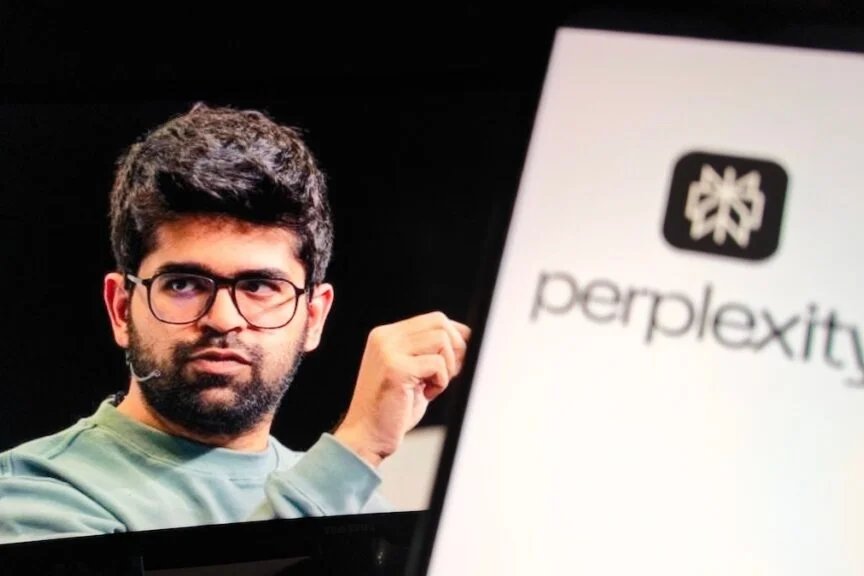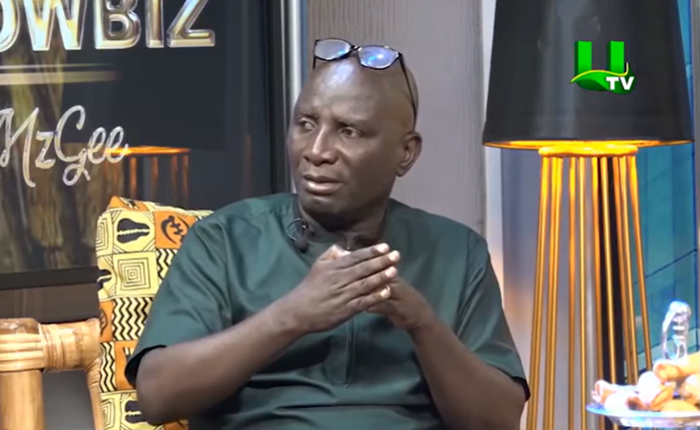Copyright Benzinga

Perplexity CEO Aravind Srinivas cautioned that AI-powered companionship apps may pose psychological risks as users increasingly immerse themselves in virtual relationships. AI Chatbots Mimicking Human Interaction Raise Concerns Speaking at a fireside chat hosted by The Polsky Center at the University of Chicago, Srinivas expressed concern over AI chatbots that simulate human conversation, reported Business Insider. "That's dangerous by itself," he said. "Many people feel real life is more boring than these things and spend hours and hours of time.” He added, “You live in a different reality, almost altogether, and your mind is manipulable very easily." Perplexity Focuses On Trustworthy AI Search Over Virtual Companions Srinivas said Perplexity has no plans to develop AI companions. Instead, the company focuses on AI tools that provide verified information in real-time. Last week, Perplexity agreed to a $400 million partnership with Snap to power Snapchat's search engine, allowing users to get clear, conversational answers from trustworthy sources within the app. See Also: Tesla's $1 Trillion Illusion: Elon Musk's Pay Package And The Robotaxi Myth The Rise And Risks Of AI Companions In 2025 Earlier this month, Tesla CEO Elon Musk's AI venture, xAI, became a major player in the AI race, with its chatbot Grok providing insights to over 600 million X users. Despite raising $22 billion and reaching a $113 billion valuation, X's revenue had dropped 30% and user growth remained flat. In September, Berlin startup Born raised $15 million for its social AI pet, Pengu, which required two users to co-parent and play together, promoting collaboration and real-world connections. Meanwhile, Hinge founder Justin McLeod warned that AI "friends" could worsen loneliness, comparing them to junk food that displaces real human relationships. These trends underscore the growing popularity of AI companions and the ongoing debate over their social and emotional impact. Read Next: Tesla Identity Crisis: Musk's xAI Vote Could Rewrite The EV Maker's DNA Disclaimer: This content was partially produced with the help of AI tools and was reviewed and published by Benzinga editors. Photo courtesy: Mijansk786 on Shutterstock.com



